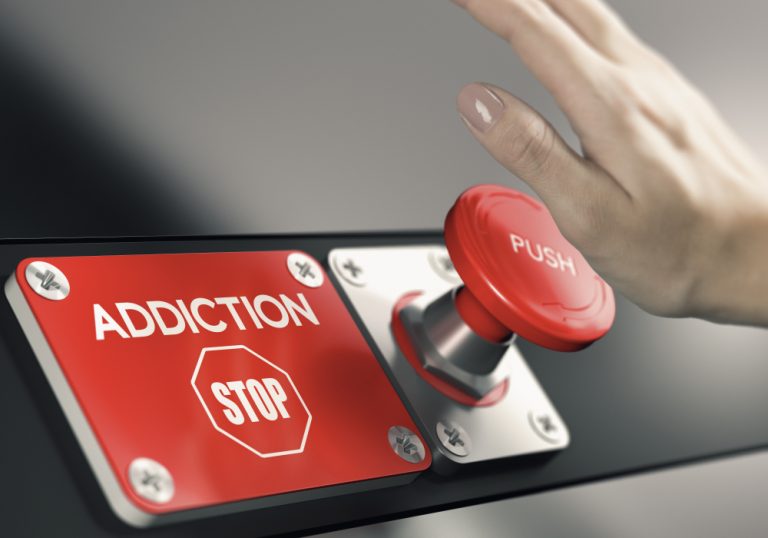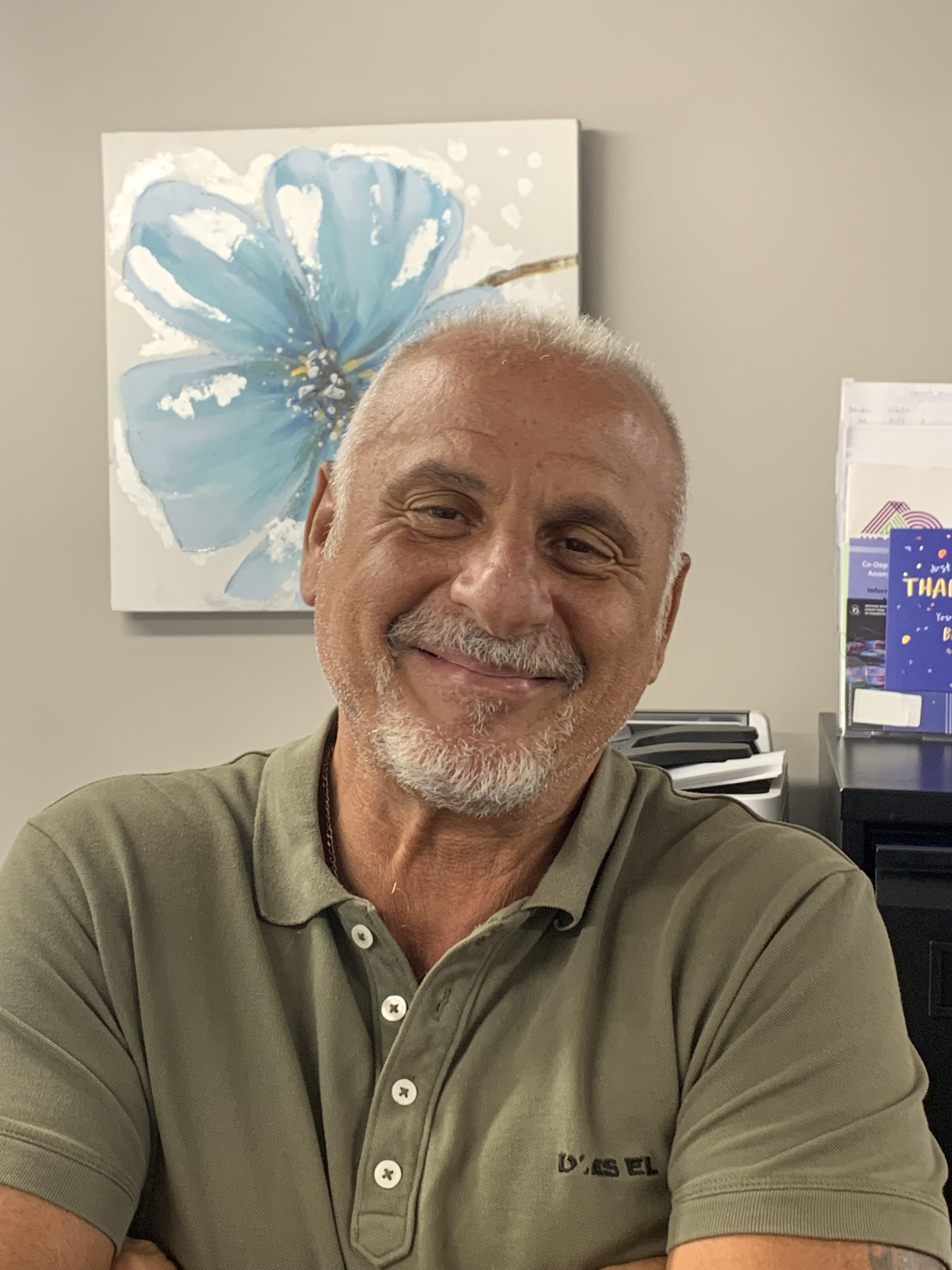As the world has advanced at a tremendous rate, so has the awareness regarding addictive substances increased among people. Especially when it comes to alcohol consumption, about 58% of the population is willing to quit, considering its negative consequences and the health risks involved. If you’re concerned about your own or someone else’s drinking, this guide will offer advice and practical tips to help you make informed decisions and manage your drinking habits effectively.
In today’s post, we’ll discuss what alcohol dependence—a medical condition that can include alcohol use disorder and other alcohol use disorders—can do to your life and how professional support can help in breaking this cycle. For example, most people experience mild symptoms when quitting, but support from families, mutual aid groups, and local service organizations can make a significant difference. We will also cover treatments, proven tools, and ways to support recovery. If you are worried about your drinking or someone else’s drinking, talk to a professional for guidance. Ensure to read it to the end, as we have also covered some common lifestyle changes to assist you in quitting alcohol.
Taking the First Step to Quit
Quitting drinking alcohol is a courageous decision that can transform your life in countless ways. Whether you’re motivated by health concerns, a desire to improve personal relationships, or simply want to make positive changes, recognizing the need to change your drinking habits is the essential first step. Stopping drinking can lead to better mental health, more energy, and a reduced risk of serious health issues like liver disease and high blood pressure. If you’re considering quitting alcohol, remember that you’re not alone—many people face similar challenges, and there are numerous resources available to support you. Local support groups, medical professionals, and community organizations can provide guidance and encouragement as you begin your journey. By taking this first step, you’re opening the door to a healthier, alcohol-free lifestyle and a brighter future.
Why Do People Drink Alcohol?
The urge to drink cannot be attributed to one single factor. For example, you may have gone to a party and started drinking just because your friends were doing the same, or you might have had one drink to fit in, which can sometimes lead to habitual alcohol consumption. Other times, you might be feeling down, and to ease the situation, you may have a drink or two. In either case, the purpose of alcohol consumption is often to make oneself feel comfortable and at ease.
Let us explain this in more direct terms. Some people may find themselves drinking more alcohol over time, especially in social or emotional situations. For example, someone might drink after a stressful day at work or during family gatherings. Repeated drinking like this can escalate and may eventually lead to alcohol use disorder or another disorder, especially if there is a history of such issues in families. People who become concerned about their own drinking or someone else’s drinking should talk to a trusted friend, family member, or professional for support.
So, basically, people consume alcohol so they can forget about what is bothering them. How? By having the brain feel pleasure and forget the pain. And this is the reason we may perform some behaviours more easily under the influence compared to when sober.
Alcohol Dependence

A drink or two doesn’t mean you have developed alcoholism. Alcohol dependence is classified as an alcohol use disorder, which is a medical condition that can range from mild to severe. Alcohol use disorders affect physical, mental, social, and occupational functioning. For example, most people with alcohol dependence may find they can’t go a single moment without being under the influence, struggle to socialise because they want to drink, or can’t go to work because they’re always drunk. This disorder can also cloud your mind, making even small decisions difficult. Alcohol use disorder can run in families, increasing the risk for some individuals.
It is not about having alcohol on an occasion, but about drinking regardless of what is going on around you. As this behaviour is repeated, the body develops tolerance, meaning you need more alcohol to achieve the same effect. Over time, this leads to addiction. Treatments are available to support recovery, including proven tools, mutual aid groups, and local service options. If you are concerned about your drinking, talk to a healthcare professional for guidance and support.
Signs
These signs are commonly associated with alcohol use disorder, a disorder that is recognised as a medical condition. Alcohol use disorders can present with these symptoms, which are part of the diagnostic criteria.
● Inability to control alcohol intake. For example, drinking more than intended or being unable to stop once started.
● Experiencing withdrawal symptoms when not consuming alcohol. Most people with mild dependence may notice symptoms like anxiety or irritability.
● Drinking despite having health problems related to alcohol use.
● Prioritising alcohol-related activities over essential responsibilities.
● Impaired coordination.
If you are concerned about any of these signs in yourself or someone else, it is important to talk to a healthcare professional for advice and support.
Impact
● Physical: When consumed for a short period, alcohol can cause most people to experience dizziness, nausea, headaches or muscle aches, and even stomach issues. However, if this use is prolonged, it can lead to alcohol use disorder, a chronic disorder and medical condition that causes serious damage to various organs such as the liver, kidneys, or even the bladder. Alcohol use disorders represent a range of possible outcomes, from mild to severe, and can have lasting health consequences. For example, long-term alcohol use may result in liver disease or other chronic health problems. If you are concerned about these effects, it is important to talk to a healthcare professional.
● Psychological: Alcohol can, for the time being, make you feel happy and forget about your existing problems. However, when the influence wears off, it can leave you in a deep sense of guilt and many other psychological issues.
● Social: Alcohol addicts avoid socialising with others due to the fear of being judged. This behaviour can negatively impact families, as relationships and support systems are strained. As a result, they lack a strong backup support to rely on, which further compels them to drink. If you or your loved ones are concerned about these social impacts, consider talking to a professional for support.
Say No to Quitting Alcohol Alone!
Getting rid of drinking isn’t an overnight process. If you have a medical condition such as alcohol use disorder or another disorder, trying to stop drinking suddenly can be dangerous and should not be attempted without professional help. Most people may experience mild withdrawal symptoms like nausea or headache, but for some, the risks are much higher. For example, severe withdrawal can cause hallucinations or Delirium Tremens (DTs), which can be life-threatening. Treatments, including talk therapy and medication, are necessary to support recovery and should be guided by professionals.
If you are concerned about your own drinking or someone else’s, talk to a healthcare professional. There are proven tools, mutual aid groups, and local service options available to help support recovery. Only professionals can devise structured recovery plans and provide you with the right and safe ways to prevent relapse. They are licensed practitioners and are aware of what and what might not work for an individual.
Professional Help: The Best Thing to Do to Stop Drinking Alcohol

When you have decided to say goodbye to your alcohol addiction, it is important to seek help from a credible mental health care professional, especially if you have a medical condition such as alcohol use disorder or another disorder. Most people benefit from professional support, and those who are concerned about their own drinking or that of a loved one should talk to a healthcare provider. For example, if you notice signs of alcohol use disorder in yourself or a family member, reaching out to a professional can be the first step toward recovery.
You can also trust services like Rehab Today by PCP, which offer access to a structured recovery program. Our experts provide ultimate care to every individual going through the recovery process, and we work with families to support recovery.
There are a variety of treatments and resources available, including proven tools, mutual aid groups, and local service options, all designed to support recovery and help you maintain sobriety.
At PCP, our doctors may initiate your healing journey by:
Assessing Your Condition
First and foremost, a clinician will assess whether you have alcohol use disorder, which is a disorder and a medical condition. Alcohol use disorders can vary in severity, so the assessment will help determine the level of support needed. If you are concerned about your drinking or someone else’s, it is important to talk openly with your healthcare provider during this process. For example, the clinician may ask when you first started drinking, how much alcohol you typically consume, and what circumstances or feelings led you to drink in the first place.
This detailed evaluation helps your doctor understand your unique situation and any underlying factors. Based on this information, they will recommend appropriate treatments, such as therapy or medication, and create a personalised treatment plan designed to safely guide you toward recovery.
Suggesting Rehabilitation Programs
Once your doctor has assessed the severity of your addiction, he or she will then recommend a recovery program accordingly. In case of getting rid of alcohol dependency, you may have to go through a medically supervised detox. Treatments may include both medical and therapeutic interventions, and for this purpose, your healthcare expert may suggest going through an inpatient rehabilitation program.
Conducting a Detox Under Supervision
Detox is a medically supervised procedure and must never be conducted without professional help. It may be required due to an underlying medical condition, such as alcohol use disorder or liver disease. The process begins after you have taken your last dose of alcohol. Your healthcare practitioner will monitor your condition closely throughout this period.
To ease the withdrawal symptoms, you may also be prescribed medications as part of the treatments for alcohol withdrawal, such as Benzodiazepines or Naltrexone. Depending on various factors, your detox period can last from a few days to weeks. However, if the addiction is severe, you can expect this timeframe to extend up to a month at least.
Evaluating the Treatment and Medications
Your doctor’s role doesn’t end at providing the detox treatment. Their duty continues as they monitor your progress throughout the recovery journey, including monitoring and adjusting treatments as needed. Firstly, they ensure the detox process is conducted as smoothly as possible.
Secondly, they make sure that the medications provided are effective and don’t have any side effects. Lastly, if any of the medication or the treatment plan isn’t working as it is supposed to, they are entitled to devise an alternative strategy.
Administering Therapeutic Procedures
Stopping alcohol isn’t about detox only. It also involves working and fixing the root cause of the addiction, so the risk of relapse becomes zero. Ongoing therapy is crucial for those who have stopped drinking to prevent relapse and maintain sobriety. A credible professional, once your detox phase is over, will advise you to attend a therapy or counselling session. Moreover, if your family has suffered from your addiction, the doctor may also suggest you opt for family therapy. Support recovery systems, such as support groups and mutual aid networks, can also play a vital role in aftercare and long-term success.
At PCP, our experts are well-trained in providing all types of therapies, whether it’s CBT or group therapy. Book a slot today and rebuild a healthier connection with your loved ones.
Managing Alcohol Withdrawal
When you decide to stop drinking, it’s important to be aware of alcohol withdrawal symptoms, which can range from mild discomfort to severe health risks. Common symptoms include nausea, sweating, anxiety, and trouble sleeping. In more severe cases, alcohol withdrawal can lead to delirium tremens—a serious condition that requires immediate medical care. If you are dependent on alcohol, stopping drinking suddenly can be dangerous. That’s why it’s crucial to consult a health professional or doctor before making any changes to your drinking habits. They can help you develop a safe plan to limit drinking and eventually stop drinking altogether, while monitoring your health and managing any withdrawal symptoms that arise. With the right medical support, you can reduce the risks associated with alcohol withdrawal and take confident steps toward recovery.
Maintaining Mental Health During Recovery
Taking care of your mental health is just as important as managing physical symptoms when quitting alcohol. The recovery process can sometimes bring feelings of anxiety, depression, or isolation, but you don’t have to face these challenges alone. Support groups like Alcoholics Anonymous offer a welcoming community where you can share your experiences and find encouragement from others who understand what you’re going through. Engaging in new hobbies, regular exercise, and healthy routines can also help boost your mood and distract from cravings. Prioritizing self-care—such as eating well, getting enough sleep, and practicing relaxation techniques—can make a big difference in your overall well-being. By focusing on your mental health and seeking support when needed, you can lower your risk of relapse and build a strong foundation for long-term sobriety.
Effective Strategies to Ensure a Long-Lasting Sobriety
After you’re done with the treatment and are out of a rehabilitation program, it is your duty to have yourself stay sober. For this purpose, you must:
● Build a Strong Support System: Surround yourself with encouraging and motivated people. Consider joining mutual aid groups, which offer nationwide support networks and peer support, either in person or online. Do not engage with a social circle that is still involved in alcohol related activities.
● Stay Busy: Try to keep yourself occupied all the time. Read books, watch your favourite TV show, or engage in your long-lost hobby again.
● Practice Mindfulness: When you start to have intrusive thoughts, consider practising mindfulness. You can also try your luck at doing yoga or meditation.
● Identify and Avoid Triggers: Your healthcare provider may have already helped you identify the triggers that may lead to drinking. Consider these cues and work on how to avoid them.
● Monitor Progress: Make yourself a journal and set realistic goals to achieve. Use proven tools, such as evidence-based apps or tracking methods, to support and monitor your sobriety. Regularly assess this progress and reward yourself for achieving even the smallest milestone.
Overcoming Challenges on the Road to Sobriety

The journey to sobriety is filled with both triumphs and challenges. One of the biggest hurdles is avoiding relapse, which often means learning to recognize and manage your personal triggers—whether they’re certain people, places, or stressful situations. Building a strong support network of friends, family, and support groups can provide the encouragement and accountability you need to stay on track. Setting realistic goals and celebrating your progress, no matter how small, can help keep you motivated. Remember, setbacks are a normal part of recovery, but with determination and the right support, you can overcome obstacles and continue moving forward. Every step you take brings you closer to a healthier, alcohol-free life.
Avoiding Relapse: Staying on Track
Staying sober is an ongoing commitment that requires continuous effort and support. One of the most effective ways to avoid relapse is to remain actively involved in support groups and therapy sessions, where you can share your experiences and learn from others. Prioritising self-care—through activities like meditation, yoga, or simply taking time to relax—can help you manage stress and reduce the urge to drink. Regular self-reflection and assessment can also help you identify potential triggers and develop strategies to handle them before they become a problem. Trusted organizations like the National Institute on Alcohol Abuse and Alcoholism and the Preventive Services Task Force offer valuable resources and guidance to help you maintain your sobriety. By staying connected to your support network and focusing on your well-being, you can reduce the risk of relapse and enjoy lasting success on your recovery journey.
Lifestyle Changes to Stop Drinking
To not fuel alcohol dependency further, you just have to make the following changes to your lifestyle.
● Change Your Company: Again, do not stay in touch with the pals that you shared drinks with. Even if your family members are drinking, politely guide them not to do it in front of you.
● Remove Alcohol From Your Home: Removing alcohol from your house is essential, regardless of how fancy an alcohol bottle may be.
● Work on Your Routine: Try to improve your daily living by improving what you eat and drink. Additionally, get a good night’s sleep so your body feels rested for the day.
You’re Just One Step Away From Quitting Alcohol!
Alcohol is a highly addictive substance, and detoxing your body from it is indeed a challenging process. So, as you walk on this journey, try to be easy on yourself and don’t forget to seek professional guidance along the way.
At The Perry Clayman Project, we understand that every recovery journey is unique. We, as a team, ensure to provide a tailored healing plan to every individual who approaches us. From providing therapies to easing the detox process, our experts are well-trained to provide the best treatment possible.
Contact us today to start your healthier and happier future.
Author
-
Andy's journey in psychology and substance recovery is marked by significant educational and professional achievements. He studied Person Centered Counseling, gained insights from psychological literature, and completed an online course on the mind. His hands-on experience includes volunteering at a Drug and Alcohol Clinic and earning a diploma in child adverse experiences. Andy holds a first-class honors degree in Psychology with Substance Use and Misuse. Professionally, he has contributed as a Lived Experience Coordinator and counselor, offering hope and empowerment to those in recovery.
Qualifications and Experience:
Introductory Course in Person Centered Counseling
View all posts
Extensive study of psychological literature (including Carl Rogers and Freud)
Online course completion on the Mind from UCT
OCN peer mentoring course
Level 3 diploma in child adverse experiences
First-class honors degree in Psychology with Substance Use and Misuse
Experienced Lived Experience Coordinator for Probation Dependency and Recovery service








